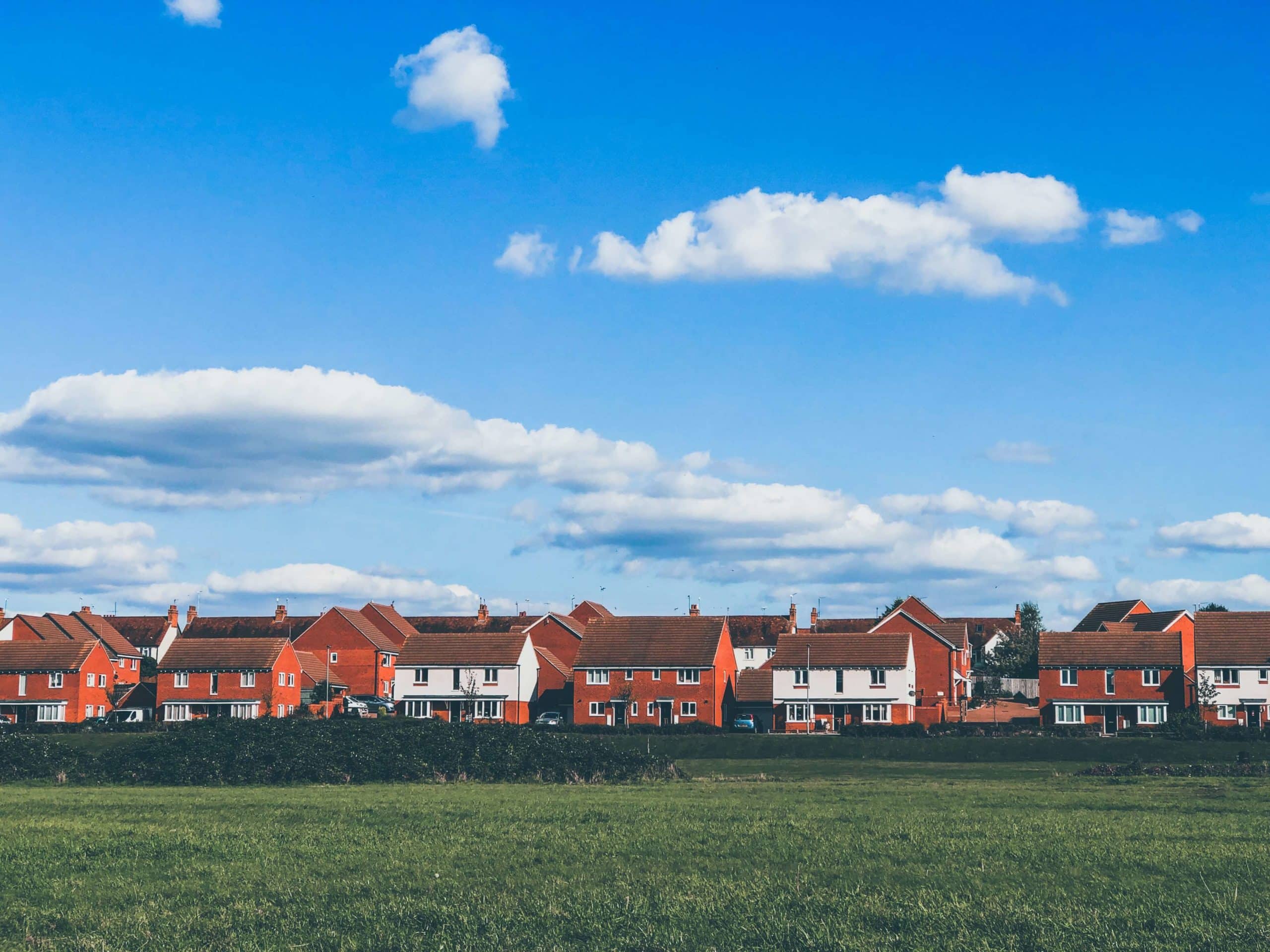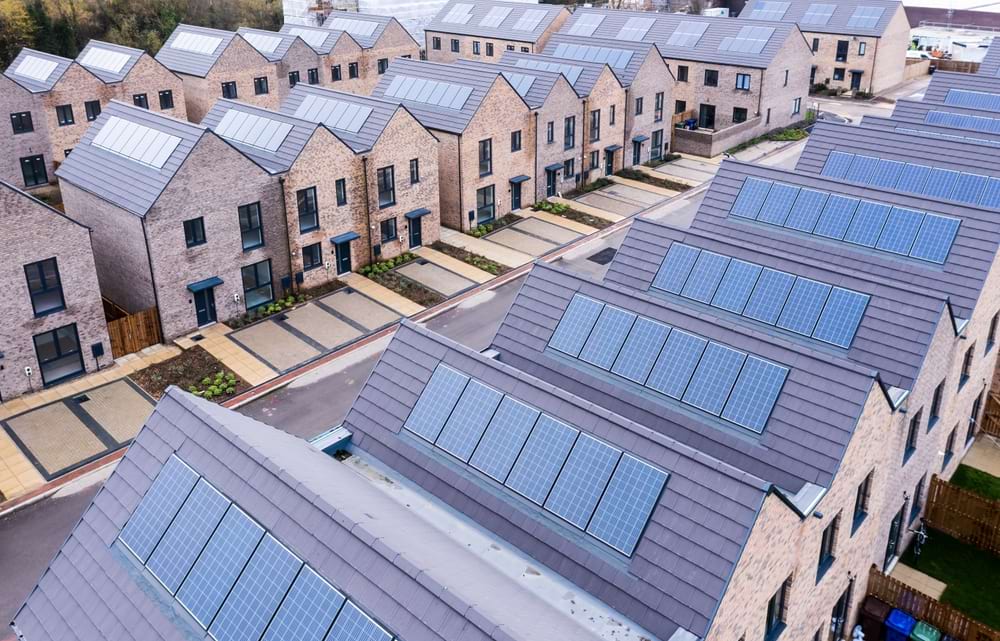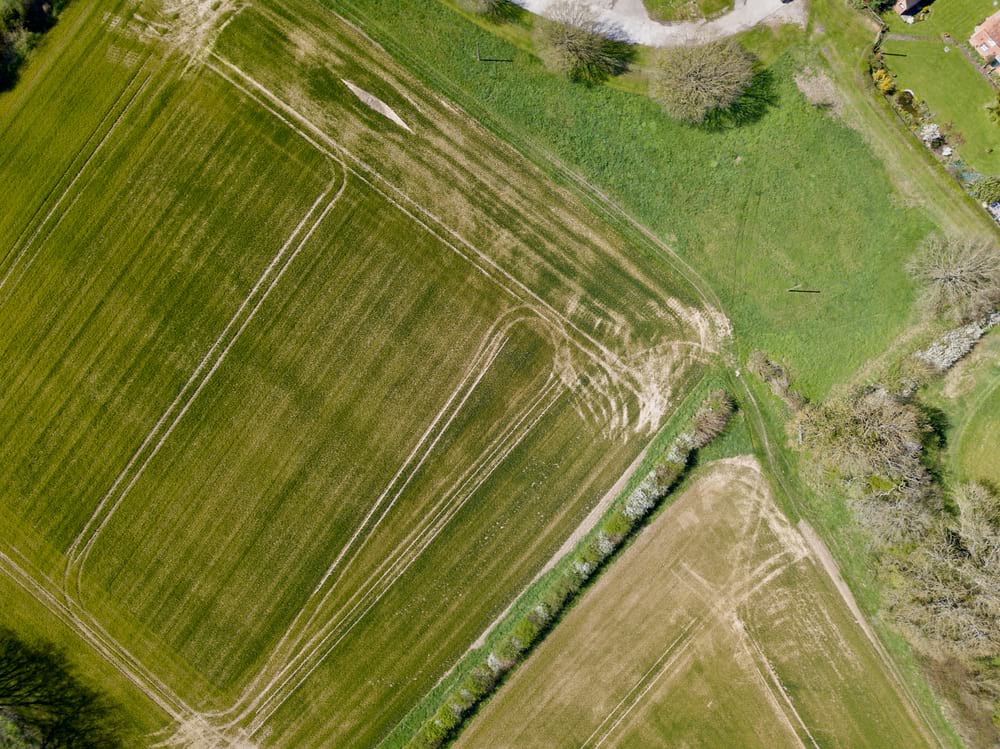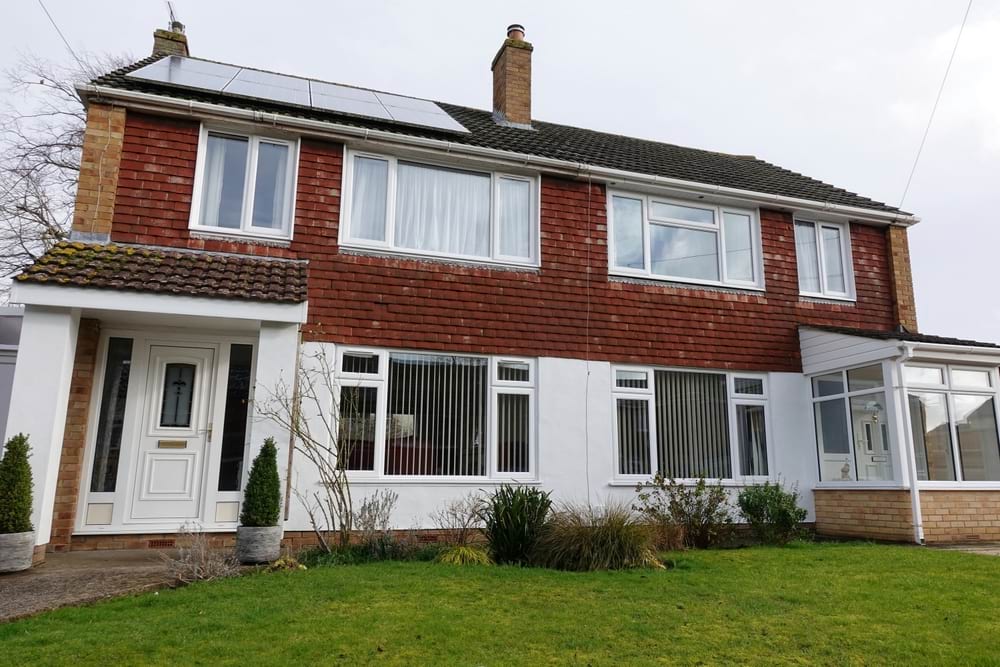The 19th century French writer Stendhal wrote:
There is nothing so beautiful, lovable and moving as the English countryside.
This still holds true today.
But should you move to the countryside? And what are the pros and cons of doing so?
Read on to find out.
Defining countryside
In the UK, countryside refers to places outside of cities, towns, and other built up developments.
It covers a range of types of rural areas, too, from moors and mountains to woods and coastal areas.
According to official government statistics, about 10 million people live in the countryside (or about 14% of the total population).
Advantages of living in the countryside
High levels of social trust
Social trust refers to peoples’ attitudes towards others. The higher it is, the more optimistic they are about others.
It is very common for homeowners in rural areas of the UK to have high social trust. This is presents itself via the relatively high number of friendly interactions between strangers.
This significantly contributes to community cohesion and low crime rates.
Low crime rates
The UK countryside tends to have much lower crime rates that urban areas.
For example, recent statistics (linked in the above report) show that violent crimes were 33% lower in rural areas and sexual crimes were 31% lower.
Low pollution levels
The countryside has better air quality and public hygiene than cities. This is largely down to the reduced traffic and sanitation.
However, it’s worth noting that cities are technically more energy-efficient than the countryside. This is because cities share more resources per capita.
Lower property prices
It is often the case that a 2 bedroom flat in central London, for example, will cost more than a 2 bedroom flat in a more rural area outside the city.
This same principle applies across the UK – and for this reason, many people choose to live in the countryside for affordability purposes.
Larger property sizes
You typically get larger property types and properties in the countryside.
If, for example, if you sell a London property to buy a rural one, you will typically be able to upsize. This is perfect if you are looking to move out and raise a family.
Detached and semi-detached houses in the countryside also typically come with a garden.
This is often not the case in the average London property, for example, which have a much higher percentage of apartments.
Disadvantages of living in the countryside
Lack of entertainment venues
One of the most common complaints about living in the countryside is that it is ‘boring’.
For young families or pensioners, this is not such a concern, because the safety of a rural area is more important to them.
However, for people who are looking for a lot of stimuli, and enjoy being extroverted and doing activities, living in the countryside may have its drawbacks.
Fewer employment opportunities
Another disadvantage of living in the countryside is that there are (typically) fewer employment opportunities in a rural area.
This is why so many people travel from around the world to live in major cities – all the world’s largest organisations are typically located there, providing an opportunity for a new career with lots of room to climb the corporate ladder.
On the other hand, the countryside is filled with many small enterprises which often have a ceiling on career progress.
Lack of public transportation
Public transportation is limited in the countryside. This is natural, given the high costs it takes to run and low number of potential passengers.
However, on an individual level, this can be frustrating for those without their own transport.
Slower property market
The relative lack of buyers in the countryside can mean that it takes longer to sell property on average.



















